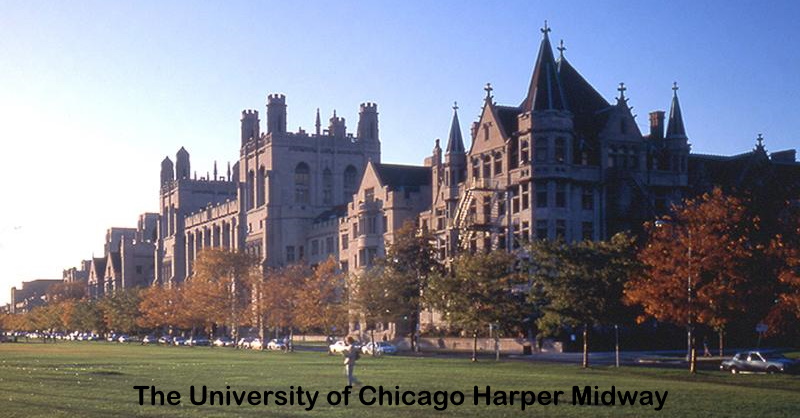American colleges, cultural institutions, and health systems are in deep trouble.
Tuition, room and board revenue, government aid, donor gifts, visitor and patient revenue have all collapsed.
Staff and pay cuts have hit many of the well-known institutions we work with and more are in the works.
College campuses are hard hit
Terry Hartle, senior vice president at the American Council on Education, estimated in a recent PBS interview that colleges and universities have taken an aggregate twenty percent hit to their budgets so far in 2020.
Most schools think 2021 will be much worse.
The late Harvard professor Clayton M. Christensen (The Innovator’s Dilemma) predicted a few years ago that half of America’s 4000 colleges and universities would go bankrupt in the next decade or two, as online education “disrupts” the business models of traditional institutions and runs them out of business.
With the accelerated shift to on-line learning thanks to the Covid-19 crisis, parents and students are up in arms against the price of a college education. Mr. Hartle cites $8 billion in refunds this spring just for room and board cancellations.
The cost crisis in higher education has been fermenting for years as states cut education budgets and colleges jacked up tuition and fees.
Scott Galloway, professor of marketing at NYU, points out that tuition has jumped two-and-a-half times in twenty years while the educational “product” has essentially stayed the same.
But the reckoning was delayed by waves of full-fee foreigners and full-recourse student loans.
As students grow accustomed to remote coursework, one wonders how many families will be willing to pay forty thousand and more per year for an off-site experience indistinguishable from every other.
Endowments and donors can only do so much
Our system of higher education – including the great private universities and the endowments that support them – is a key asset in our national preeminence.
Endowment capital has been a bedrock source of support for generations of students and faculty, but it takes a long time to accumulate and it’s very tempting to plunder.
Cambridge, the wealthiest university in Europe, took over 800 years to amass an endowment of $9.3 billion. Harvard’s $41 billion took 382 years to accrue. Upstart Stanford University grew its endowment to $27.7.4 billion in “just” 135 years.
And that “hoarded” wealth drove performance; American universities dominate the rankings of global higher education.
Denuding a university’s long-term legacy to plug short-term budgetary holes may be politically expedient but it merely postpones the inevitable plunge off the fiscal cliff.
Time to cut the fat
Voluntary support from alumni, foundations, corporations, and religious groups have helped our higher-education system grow at an unparalleled rate while achieving remarkable diversity and unquestioned world leadership.
But donors, endowments, and flush foreigners can’t save higher education from the inescapable abyss without fundamental changes in costs and delivery.
Re-engineering and re-pricing the college experience at a level families can afford is daunting but essential if we wish to maintain the level of excellence we’ve enjoyed since our nation’s beginning.
University alumni and endowment staffs have stepped up time and again to support their schools when the going got rough.
It’s time for our universities and colleges administrators to do the same.
————————————————–
The Skorina Letter
Each issue explores how the world’s most accomplished asset managers think and invest. Original content includes profiles and interviews with industry veterans and research on compensation and investment performance.
Our insights and commentary come from our clients – board members, CEOs, chief investment officers – and the global investment community within which we work as executive search professionals.
Institutional investors operate at the crossroads of capital, talent, and ideas, shepherding over seventy trillion dollars in global assets. It’s a constantly evolving spectacle and The Skorina Letter gives readers a ringside seat.

